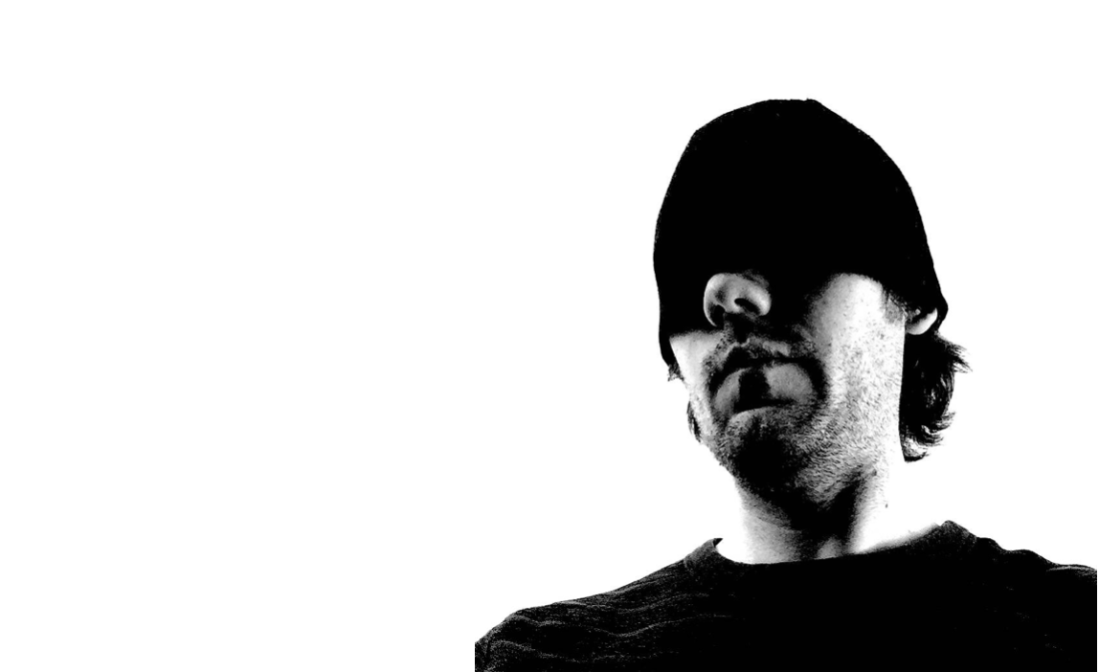
I took this picture from a secluded nook at Garrison, the nice restaurant enclave at Austin’s Fairmont hotel.
I’m a lone wolf’s lone wolf, and this trip I went four-for-four in dining alone and saving some social energy. Sure, it looks sad and can feel sad, but I’d rather that mild loneliness than just peter out and turn to dust and reduce myself to grave, stone faced catatonic jelly at a table with others.
Anyway.
When I set about The Life Autistic, I did so as this kind of redemptive, explanatory narrative.
But y’all, I am doomed.
It’s not bad, but there’s nothing left I can redeem. I am who I am at this point, and breaking the bedrock of preconceived notions; it’s impossible now.
So why keep at it?
During my trip, I found myself using a code phrase to refer to my autism: “me being me” — it was enough to help ascribe things as unique to me, without letting on too much for those not fully disclosed.
But to that, I had people respond with another code: “Yeah, I read your LinkedIn.”
People. Plural.
That was the signal.
In a mix of smile, bashful nod, and a hackneyed joke (“I guess people do read that”), it took the pressure off, where I could be more open in those moments. To share a little more about what makes me, me.
Even if I’m pretty much done and dusted in terms of what and how people regard me — autism or not — I still have one corner of hope.
The rest of the people you’ll meet on this Life Autistic.
The ones you don’t know yet. The ones you’ve not made up your mind about. Maybe you’ve never met. Maybe they’ve yet to be born.
For fearing my transparency, opening up about this, for so so long, I thought it’d do me more harm.
But it hasn’t. It’s done a little good.
I’m hopeful, because these conversations, this cracking open of an open door — it will do even better for others who follow.
They’ll meet more understanding, sympathetic folks in their lives.
People who learned just a little bit more about some rando’s autism experience, enough to color in the gray, to enlighten just a fraction more.
For those of you who do read, who notice, who endure reading the entirety of a post — thank you.
It may do me zero good in the end — that’s OK.
My corner of hope is that it will do more good for others like me.


